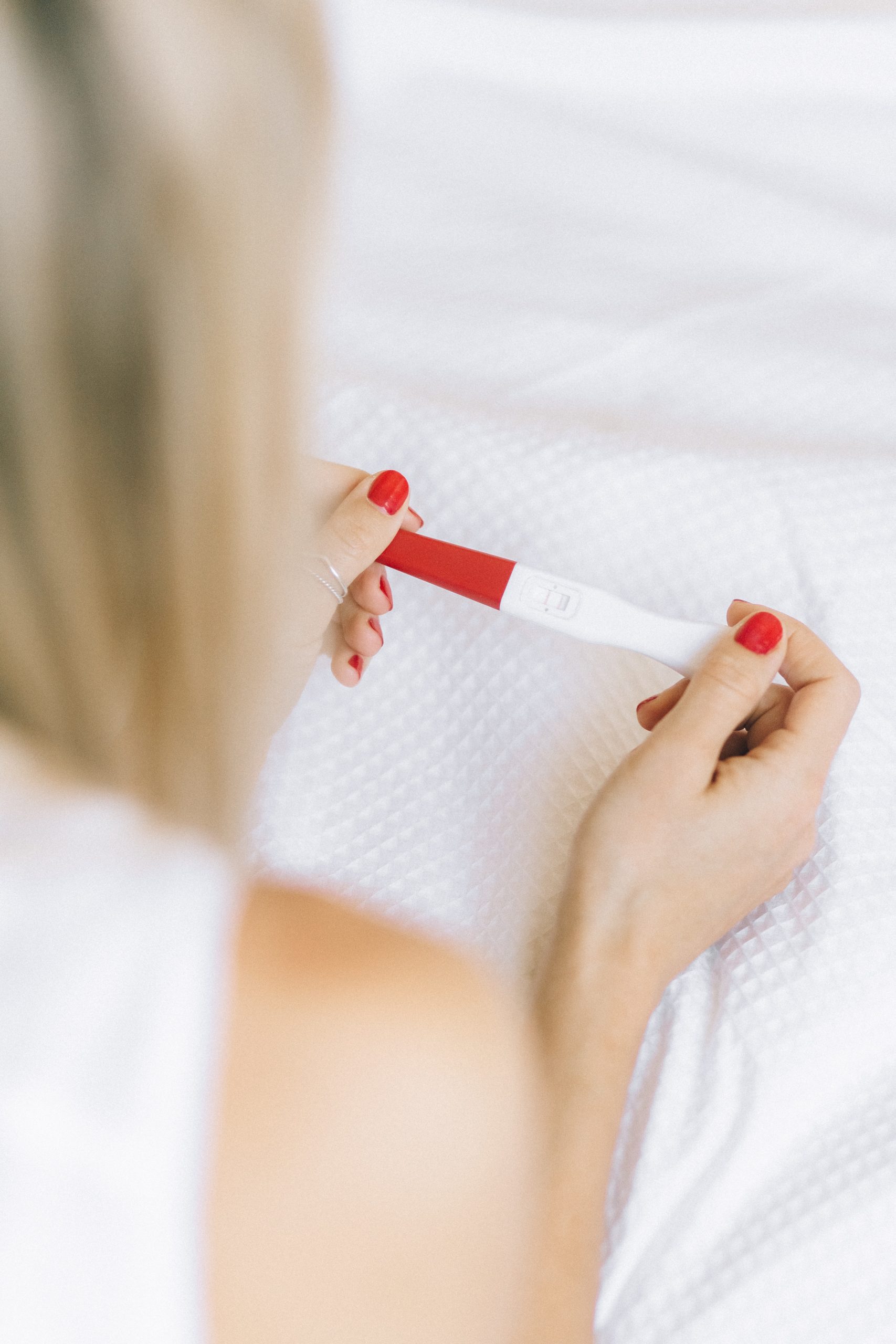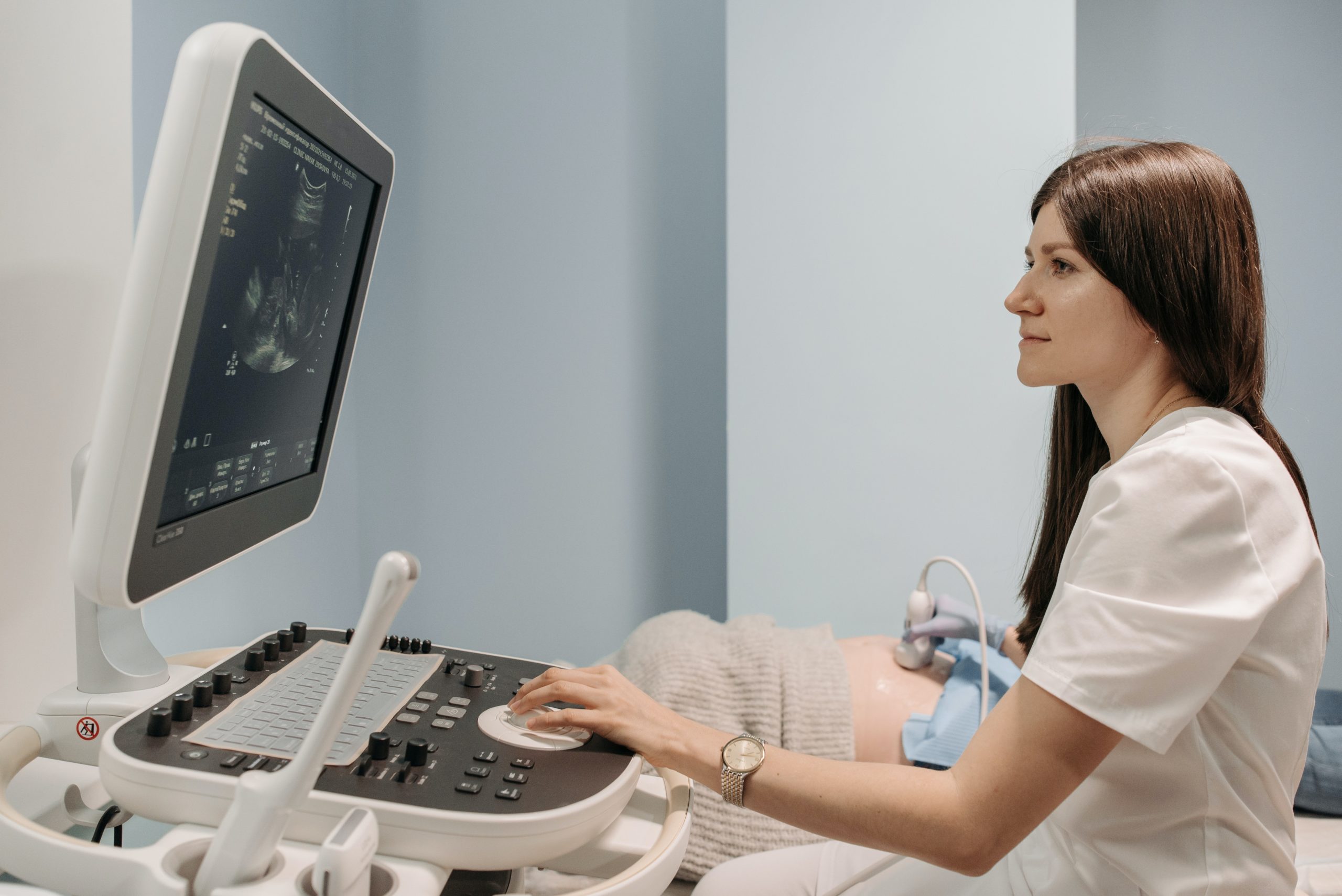What is an ectopic pregnancy? How do you know if you’re having one? What are the risks you face if you don’t get treatment?
If you recently learned that you’re pregnant, getting the answers to these questions is crucial for your health and safety. Use this guide to understand more about ectopic pregnancies and how you can avoid potentially life-threatening complications.
What is an ectopic pregnancy?
Pregnancy begins when the fertilized egg implants and begins to grow in your uterus. Sometimes, though, the egg doesn’t reach the uterus. In an ectopic pregnancy, the egg attaches to another part of your reproductive system or abdomen.
Most ectopic pregnancies see implantation in the fallopian tube. When this happens, it’s called a tubal pregnancy. After fertilization, the egg may also implant in the cervix, ovaries, or abdominal cavity.
During the first few weeks of an ectopic pregnancy, the embryo will develop normally. But as it gets bigger, it won’t have the space it needs to grow. The embryo will not survive in a tubal pregnancy. If the pregnancy isn’t treated and ruptures, it can threaten the mother’s life as well.
You must get treatment for an ectopic pregnancy to protect your health. If it’s caught early enough, a doctor will prescribe methotrexate to end the pregnancy without surgery. Otherwise, the embryo will be removed through surgery.

When do tubal pregnancy symptoms start?
Ectopic pregnancy symptoms often start when you’re six to eight weeks along. Most commonly, women experience abdominal pain, cramping on one side of the lower abdomen, lightheadedness, and dizziness. You might also have vaginal bleeding or spotting, though it isn’t as common.
At the same time, you will probably have normal pregnancy signs as well. Many women experience nausea, tiredness, and breast tenderness during their first weeks of pregnancy. You will also get positive pregnancy test results with an ectopic pregnancy.

With these similarities, how can you know if your pregnancy is normal or ectopic?
The short answer is you can’t. An ultrasound is the only way to see where the embryo is implanted. If your body is producing enough of a pregnancy hormone called human chorionic gonadotropin (hCG) to get a positive pregnancy test but the ultrasound doesn’t show an embryo in your uterus, you will know to get additional care.
To make sure your life isn’t in danger, it’s important to get an ultrasound ASAP so you can get treatment quickly.
What are the signs of an ectopic pregnancy?
Early signs like abdominal pain will worsen as the embryo grows. If the pregnancy continues, your body won’t be able to handle the pressure of the growing embryo.
Tubal ruptures, for example, are common with untreated ectopic pregnancies. The fallopian tube will burst when the embryo gets too big. If this happens, you must get immediate medical treatment.
Sudden severe pain, shoulder pain, dizziness, weakness, and fainting are all signs of a ruptured ectopic pregnancy.
The rupture will cause internal bleeding and may lead to a serious infection if you don’t get treatment. Go to the emergency room immediately if you have any of these symptoms.
Can I treat a tubal pregnancy with the abortion pill?
No, you cannot treat an ectopic pregnancy with the abortion pill. Taking the abortion pill when you have an ectopic pregnancy can lead to severe infections and death.
The abortion pill uses two medications to end a pregnancy. The first, mifepristone, blocks a hormone called progesterone. Without this hormone, the embryo won’t survive. Next, you take a medication called misoprostol. This medication helps your uterus push out the embryo and pregnancy tissue.
Though the abortion pill will end an ectopic pregnancy, it can’t remove the embryo since it isn’t in your uterus. As the embryo’s tissue breaks down inside your body, you can develop a deadly infection called sepsis.
Several women have died from this infection after taking the abortion pill.

Before getting an abortion, either by pill or surgery, make sure you get an ultrasound for your pregnancy. An ultrasound is the only way to make sure the embryo is in your uterus and that you don’t need treatment for an ectopic pregnancy.
How do I know if I’m having an ectopic pregnancy?
If you have had a positive pregnancy test or think you might be pregnant, you should schedule an ultrasound as soon as you can. Even if you don’t have the typical ectopic pregnancy symptoms, it’s important to make sure your health isn’t at risk.
Book your free ultrasound and pregnancy test at ThriVe Orlando to check for an ectopic pregnancy. You’ll also have the chance to ask any questions you have about your health, risks, and options.
Prioritize your health and well-being by making an appointment today.

